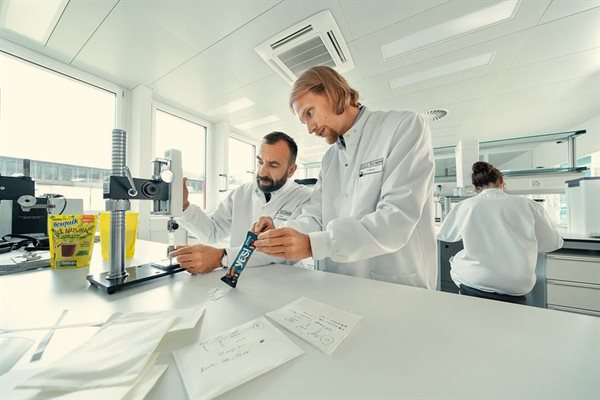Swiss food giant Nestlé plans to invest $2.1 billion to cut its use of virgin plastics in favour of food-grade recycled plastics, and accelerate the development of innovative sustainable packaging solutions.
Building on its 2018 commitment to make 100% of its packaging recyclable or reusable by 2025, Nestlé says it will reduce its use of virgin plastics by one third in the same period whilst working with others to advance the circular economy and to clean up plastic waste from oceans, lakes and rivers.
Creating a market for food-grade recycled plastics
Food quality and safety are vital, and packaging plays a major role in assuring this. Most plastics are difficult to recycle for food packaging, leading to a limited supply of food-grade recycled plastics.
"To create a market, Nestlé is therefore committed to sourcing up to 2 million metric tonnes of food-grade recycled plastics and allocating more than CHF1.5 billion to pay a premium for these materials between now and 2025. Nestlé will seek operational efficiencies to keep this initiative earnings neutral," says the company in a statement.
Packaging innovation, including new materials, refill systems and recycling solutions, is another challenge on the path towards a waste-free future. In addition to its in-house research through the Nestlé Institute of Packaging Sciences, the company will launch a CHF 250 million sustainable packaging venture fund to invest in start-up companies that focus on these areas.
These two initiatives come in addition to Nestlé’s efforts in research, sourcing and manufacturing to make its packaging recyclable or reusable and contribute to its goal to achieve zero net greenhouse gas emissions by 2050. As part of the company’s packaging commitment and to increase transparency, Nestlé says it will continue to outline further initiatives and provide regular progress updates.
"We are pleased to see Nestlé commit a CHF 2 billion investment toward creating a circular economy for plastics, alongside a reduction of its use of virgin plastic in packaging by one third by 2025. By eliminating the plastics we don’t need, innovating in areas like reuse models and new materials, and circulating the plastics we do need – also in more challenging food-grade applications – we can create an economy where plastic never becomes waste. Achieving the commitments announced today will significantly contribute towards realising this vision," said Andrew Morlet, CEO, Ellen MacArthur Foundation.






































